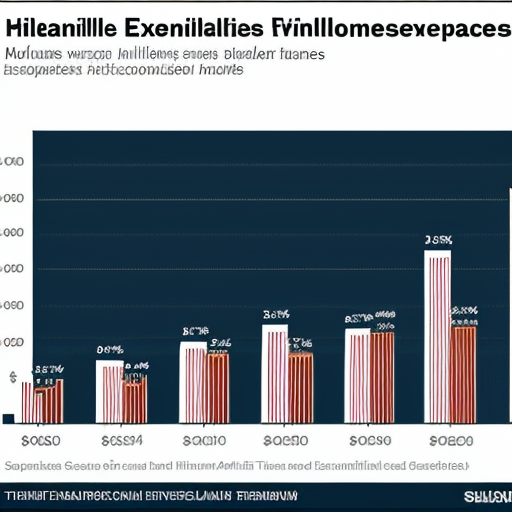Bitcoin, the world’s first and most popular cryptocurrency, was designed to be mined by individuals and organizations around the globe. However, as we approach the finite supply of bitcoins, some questions arise regarding the future of mining rewards and transaction fees.
Currently, the Bitcoin network incentivizes miners to process transactions by offering a block reward of 6.25 BTC for every successfully validated block. This reward is halved approximately every four years through a process called “halving,” which reduces the rate at which new bitcoins are created. As the supply of bitcoins approaches its limit of 21 million, these rewards will eventually become negligible, potentially leading to a decline in mining activity.
One possible solution to this problem is to introduce transaction fees as the primary source of income for miners. As the value of bitcoin continues to rise and more users join the network, transaction fees could generate enough revenue to compensate miners for their efforts. However, this approach may face resistance from those who view transaction fees as a barrier to entry for new users or an unnecessary cost for existing ones.
Another potential solution is to implement a system where users voluntarily process transactions without any financial incentive. This concept, known as “proof-of-stake” (PoS), would replace the current “proof-of-work” (PoW) consensus mechanism used by Bitcoin and other cryptocurrencies. In PoS systems, users are chosen to validate transactions based on the amount of coins they hold rather than their computing power.
While the idea of voluntary transaction processing may seem far-fetched, it has been proposed as a potential solution for other blockchain projects, such as Cardano and Ethereum 2.0. Proponents argue that this approach could eliminate the need for energy-intensive mining operations while still maintaining network security through the use of stakeholders who have a vested interest in protecting the network.
However, there are several drawbacks to transitioning from PoW to PoS. One significant concern is the potential centralization of the network, as large stakeholders with more coins could have a disproportionate influence on transaction validation. Additionally, some argue that removing financial incentives for processing transactions may lead to a decline in network security if users are less willing to participate without compensation.
Ultimately, the decision to eliminate mining rewards and rely solely on transaction fees will depend on the Bitcoin community’s ability to balance the needs of miners, users, and network security. While some may view this shift as a necessary evolution for cryptocurrency, others see it as a potential threat to the very foundations of decentralized finance.






Leave a Reply